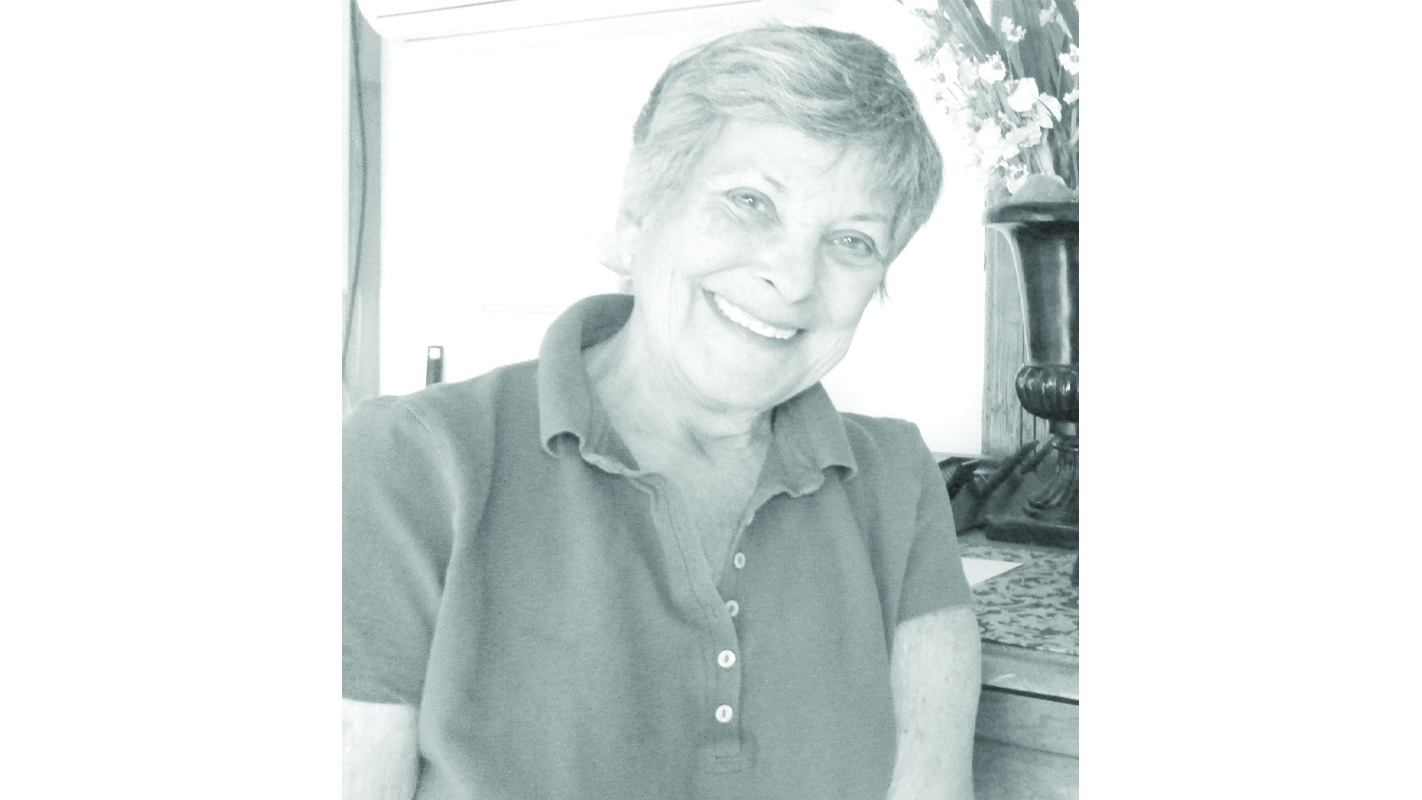COVID-19 has played fast and loose with our justice system. The courts are backed up for as much as two years. You may think this has nothing to do with you. You may be mistaken and it could be catastrophic for you and your family.
In our day-to-day lives we don’t think a lot about what will happen if we are in an accident, get very sick or die. Young people don’t think about it because it seems remote, they don’t have a lot of other people depending on them and they don’t have a lot of accumulated assets. Older people don’t think about it mostly because it’s uncomfortable and scary.
However, if you don’t have a will, a power of attorney and a protection mandate, you may be denying yourself and your family of the treatment you would want for yourself and your assets should you become incapacitated, temporarily or permanently. And you may be costing your family untold thousands of dollars to try to rectify the situation.
When you die without a will, the Civil Code of Quebec determines who inherits and in what proportions. The executor of your estate (also known as the liquidator) are all the legal heirs, jointly – brothers, sister, parents, spouse, aunts, uncles — they must agree and act together. Certain actions, like selling a property, will require unanimous consent among all the heirs. This can be a complex legal problem when some heirs are minor, incapacitated, elderly, unable to travel, etc. And, by the way, a common-law spouse cannot inherit at all – they are not recognized by the Quebec Civil Code. The only way to appoint a liquidator of your choice who has full power to act is by writing a will.
A will takes effect only after you’re dead – it has no standing while you’re alive.
Mandates on the other hand, are your instructions for when you are alive. A mandate lets you name, in advance, one or more people to look after your well-being and manage your property if you become incapable of doing it yourself.
Mandates have two different functions – one is to tell people what kind of medical or physical treatment you wish to have; the other is to allow someone to look after your finances and physical assets. With regard to what kind of medical treatment you want should you not be able to tell the doctors yourself, you will have to think about whether you want to be resuscitated if your heart stops, or whether your want to be put on a respirator if you can’t breathe for yourself, etc. This is a whole other exercise which you can read about here https://www.ramq.gouv.qc.ca/en/citizens/health-insurance/issue-directives-case-incapacity
and here https://www.advancecareplanning.ca/.
Mandates don’t come into effect automatically. The person you have named (the mandatary) must get a judgment from the court regarding your incapacity. This is called homologation. And, with the courts backed up for two or more years, what does your family do? They will not have access to your bank account in order to pay your bills and will not have any authority to manage your assets.
That’s why you need a Power of Attorney. This document is in effect while you are in full possession of your mental faculties. It gives the person you have designated the authority to perform certain acts like paying your bills, withdrawing money from the bank, etc. during a specified period of time, such as a trip or a hospitalization for example, or for an unspecified period of time. Like your will, you can cancel or change it at any time. So, having written a Power of Attorney, if you have an accident or become otherwise incapacitated, the person you have named can now look after you and your possessions.
It doesn’t matter whether you are 18 or 80 – every adult should have a will, a protection mandate and a power of attorney. Having these documents is the best gift you can give to your loved ones.
Dian Cohen is an economist and a founding organizer of the Massawippi Valley Health Centre.
Cohendian560@gmail.com.
Ignore this at your peril






